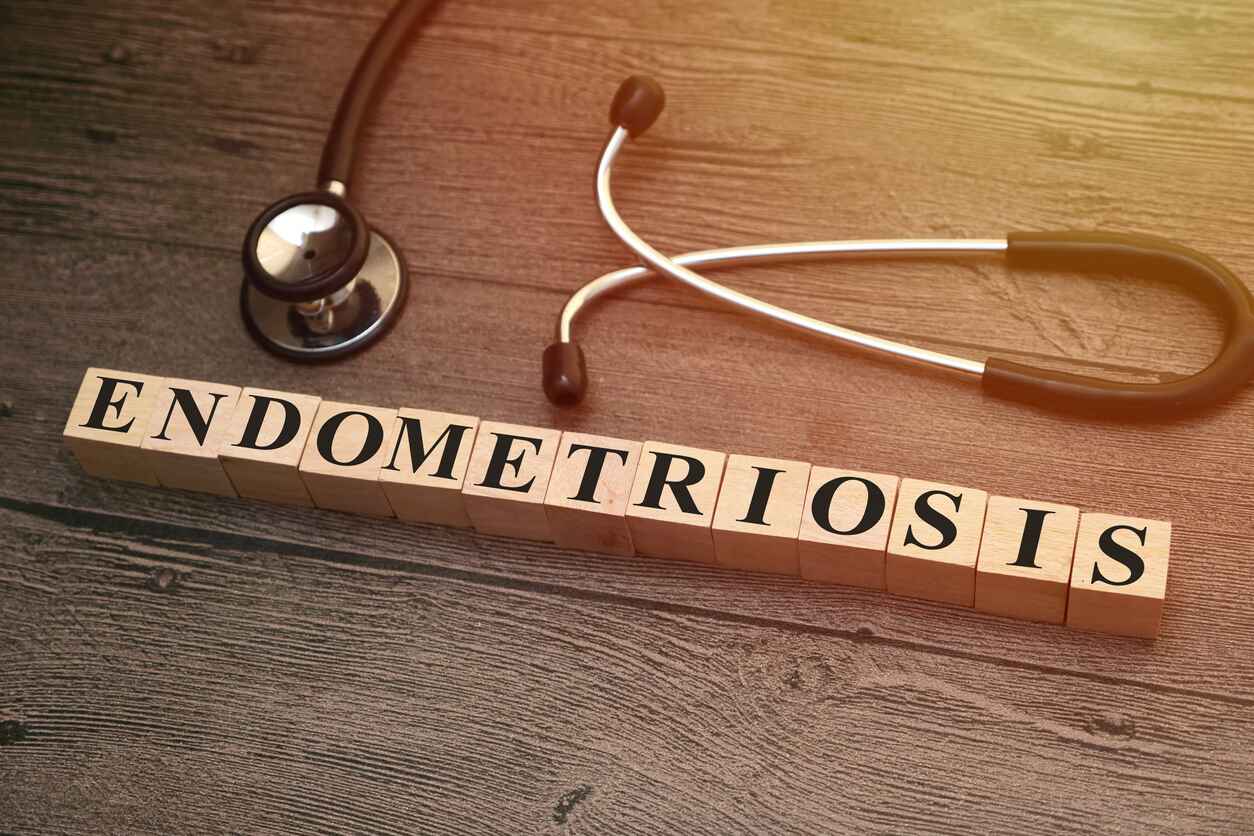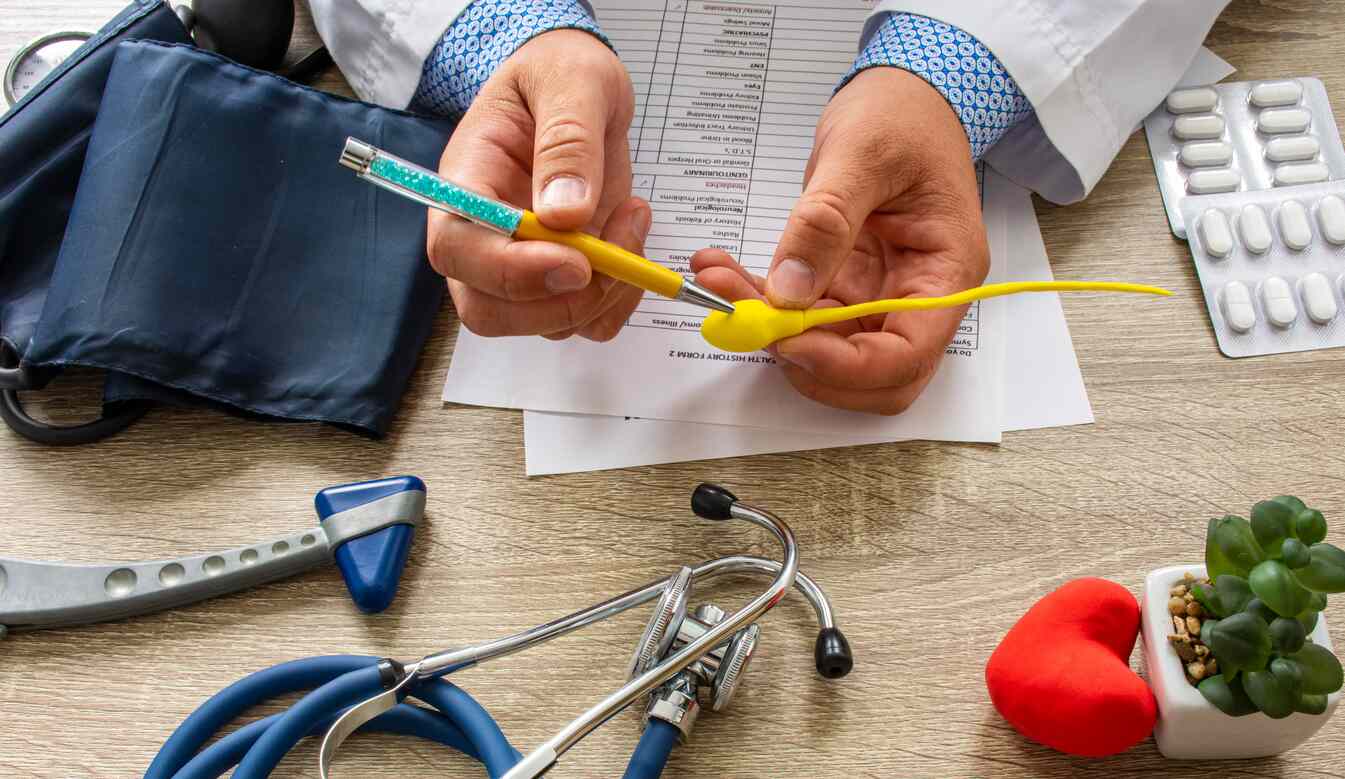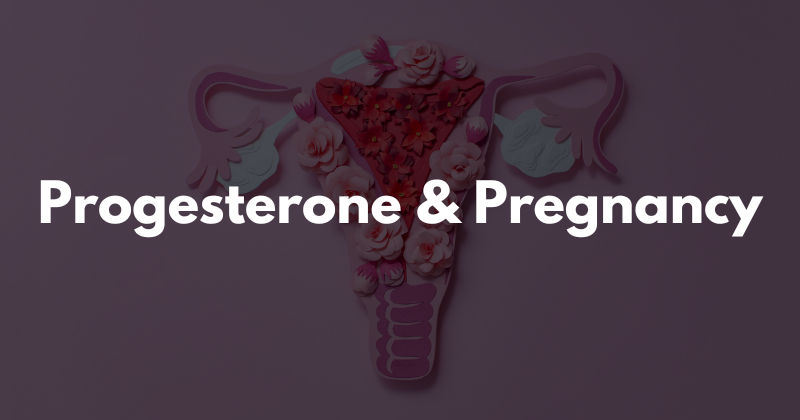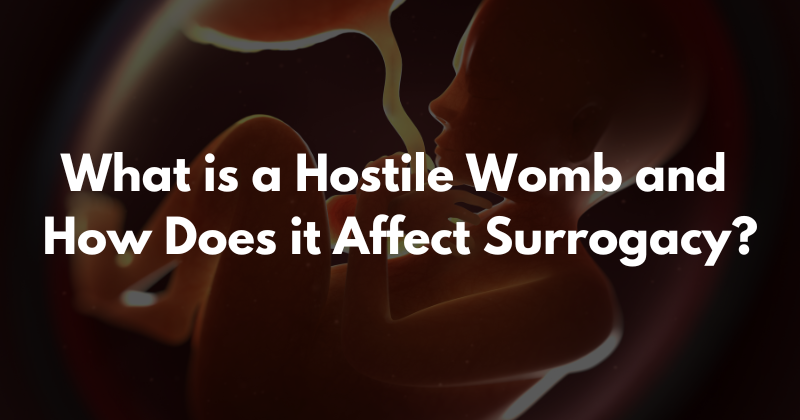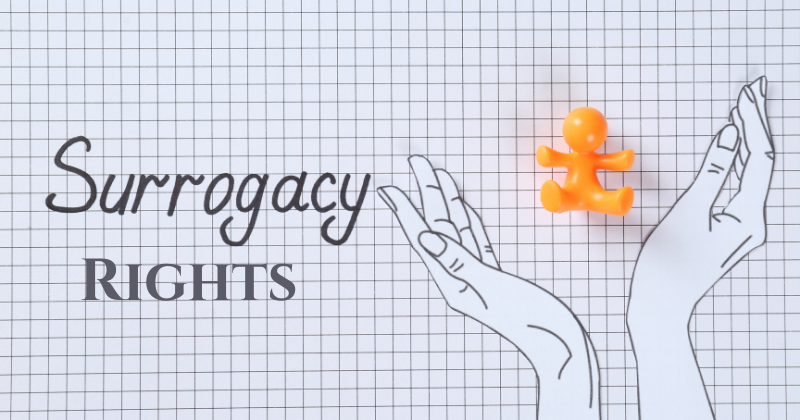With March being Endometriosis Awareness Month, we wanted to help share information about this medical condition that, although not often discussed, affects an estimated 1 in 10 women worldwide.
What is Endometriosis?
Endometriosis is a medical condition that affects women of reproductive age. It occurs when the tissue that normally lines the inside of the uterus (called the endometrium) grows outside of it, often on the ovaries, fallopian tubes, or other parts of the pelvis. This displaced tissue responds to hormones in the same way that the endometrium does during a menstrual cycle, causing it to thicken, break down, and bleed. Because it has nowhere to go, the blood can cause inflammation, scarring, and pain.
Endometriosis affects an estimated 1 in 10 women worldwide (approximately 200 million women). It can be a challenging condition to diagnose because its symptoms can be vague and may be attributed to other conditions.
What are the symptoms of Endometriosis?
The symptoms of endometriosis can vary from woman to woman, but some common ones include:
- Painful periods: Many women with endometriosis experience painful menstrual cramps, which may be severe enough to interfere with daily activities.
- Pain during intercourse: Pain during sexual intercourse is another common symptom of endometriosis.
- Chronic pelvic pain: Women with endometriosis may experience pain in the lower abdomen or pelvic area that persists outside of their menstrual cycle.
- Painful bowel movements or urination: Endometriosis can cause pain during bowel movements or urination, especially during a woman’s menstrual cycle.
- Infertility: Endometriosis can affect fertility by damaging the ovaries, fallopian tubes, or uterus. However, not all women with endometriosis experience infertility.
- Fatigue: Some women with endometriosis may experience fatigue or exhaustion, particularly during their menstrual cycle.
- Digestive issues: Endometriosis can cause digestive issues, such as bloating, constipation, or diarrhea, particularly during a woman’s menstrual cycle.
It’s important to note that not all women with endometriosis experience symptoms, and some women may have mild symptoms that they do not recognize as being related to the condition. If you are experiencing any of these symptoms, it’s important to talk to your OB/GYN or healthcare provider to determine the underlying cause.
How is Endometriosis diagnosed?
Endometriosis can be difficult to diagnose because the symptoms can be similar to other conditions, and the severity of the symptoms does not always correlate with the severity of the condition. With that said, there are several tests that your OB/GYN or healthcare provider may use to help diagnose endometriosis:
- Pelvic exam: During a pelvic exam, the healthcare provider will feel for any abnormalities or masses in the pelvic area.
- Ultrasound: An ultrasound can help detect the presence of endometrial tissue outside the uterus.
- Magnetic resonance imaging (MRI): An MRI can provide detailed images of the reproductive organs and help detect the presence of endometrial tissue.
- Laparoscopy: A laparoscopy is a minimally invasive surgical procedure that involves inserting a thin, lighted tube through a small incision in the abdomen to view the reproductive organs and check for the presence of endometrial tissue.
- Biopsy: If endometrial tissue is detected during a laparoscopy, a biopsy may be taken to confirm the diagnosis.
Is there a treatment for Endometriosis?
Unfortunately there is no cure for endometriosis though there are several treatments that can help to manage symptoms and improve a woman’s quality of life. These treatments will differ from woman-to-woman though can include the use of pain relievers, hormone therapy, surgery and fertility treatment.
Can women with Endometriosis have children?
Just because a woman has endometriosis doesn’t mean they can not have children. Yes, endometriosis does make it more difficult to conceive and up-to 50% of women with the condition may experience infertility, but there are several fertility treatments available that can help.
Some of these fertility treatments can include in vitro fertilization (IVF), intrauterine insemination (IUI), and other assisted reproductive technologies (ART). These treatments can increase the chances of conception by bypassing the damaged reproductive organs or helping to improve the quality of the eggs and sperm.
In some cases, surgery may be necessary to remove endometrial tissue or cysts that are causing pain or infertility. Surgery can also help improve fertility by restoring the normal anatomy of the reproductive organs.
It is important for women with endometriosis who are trying to conceive to work closely with their OB/GYN or fertility doctor sooner rather than later. With the right treatment and support, many women with endometriosis can successfully conceive and have healthy pregnancies.
Wendy Arker entered the field of infertility with a huge heart and passion to guild others on their quest to grow their own family after her personal journey with infertility and turning to egg donation and sperm donation to create her own family. Being a single-mother-by-choice, Wendy understands firsthand the unique way families are built. Whether you’re a married couple, single, or LBGTQ, Creative Love is committed to assisting you.

